

Trends in Growth Ambitions Among New Graduates in the ICT Sector for 2025
An Insight into the Growth Aspirations of New Graduates in the ICT Sector for 2025
In the rapidly evolving world of Information Communication Technology (ICT), a recent study surveys the outlook and aspirations of 3,933 new employees entering the sector in 2025. Conducted by ALL DIFFERENT, a consulting firm specializing in organizational development, and the Learning Innovation Research Institute, the survey reveals significant trends among these new entrants.
Background of the Study
With advancements in AI and cloud technologies leading the way, the ICT sector is poised for a shift from traditional system operations (SoR) to cutting-edge system innovations (SoE). This landscape demands not only foundational technical skills but also a workforce capable of adopting new technologies. Understanding this shift, the study aimed to delve deeper into the mindsets of new employees joining the ICT sector.
Key Findings of the Survey
1. Reasons for Joining the ICT Sector
The survey found that 42.3% of respondents chose ICT due to its alignment with their career aspirations, a figure that is notably higher than other industries by 6.5 percentage points. This indicates a clear interest in the field, suggesting that new entrants see themselves thriving in this dynamic sector.
2. Desired Professional Roles
When asked about their future ambitions within the company, 34.4% expressed a desire to become specialists in their respective fields. This emphasis on expertise reflects about a 10-point increase over respondents from other industries. The next most common aspirations included management roles and undefined career paths, indicating a strong trend towards specialization.
3. Expectations from Employers
A staggering 52.9% of new graduates expect opportunities to consult with their superiors for career guidance. This high demand for mentorship underscores the need for supportive workplace cultures that facilitate career development.
4. Preferred Job Types
Respondents identified a range of job types they wish to pursue, with a strong inclination toward roles that contribute to personal growth and allow for independent pace. Compared to other sectors, the desire for work that fosters personal development was notably higher.
5. Focus on Self-Investment
Interestingly, when asked how they plan to spend their time, many identified self-investment as a priority over a balance between work and personal life, distinguishing them from peers in other fields.
6. Skills Acquisition
Over 70% indicated that mastering business etiquette was paramount during their first year. Additionally, interests in information security and digital skills were significantly higher among ICT graduates compared to those from different sectors, highlighting a proactive approach to skill acquisition.
7. Requirements for Growth
The survey highlighted that significant experiences, particularly successful ones, were identified as crucial for personal growth by 67% of the respondents. This suggests a reflective attitude toward learning and development in their professional lives.
8. Ideal Supervisors
Nearly 60% described their ideal supervisor as one who corrects mistakes, indicating a preference for constructive feedback and open communication within corporate hierarchies.
9. Work Culture Preferences
A supportive and team-oriented environment was the most favored among respondents, with 70.5% stating that they wish to work in a culture that fosters collaboration.
Conclusion
The study showcases a distinct trend among new graduates entering the ICT field: a high ambition for growth, specialization, and a clear vision for career development. Unlike their counterparts in other sectors, these new professionals have a solid understanding of their future roles, emphasizing a balance between personal and professional development. Companies looking to harness this enthusiasm will need to provide robust support structures, including mentorship opportunities and conducive work cultures that promote teamwork and continuous learning. As the ICT landscape becomes increasingly competitive, the success of organizations may very well depend on how well they cater to the growth aspirations of their newest members.

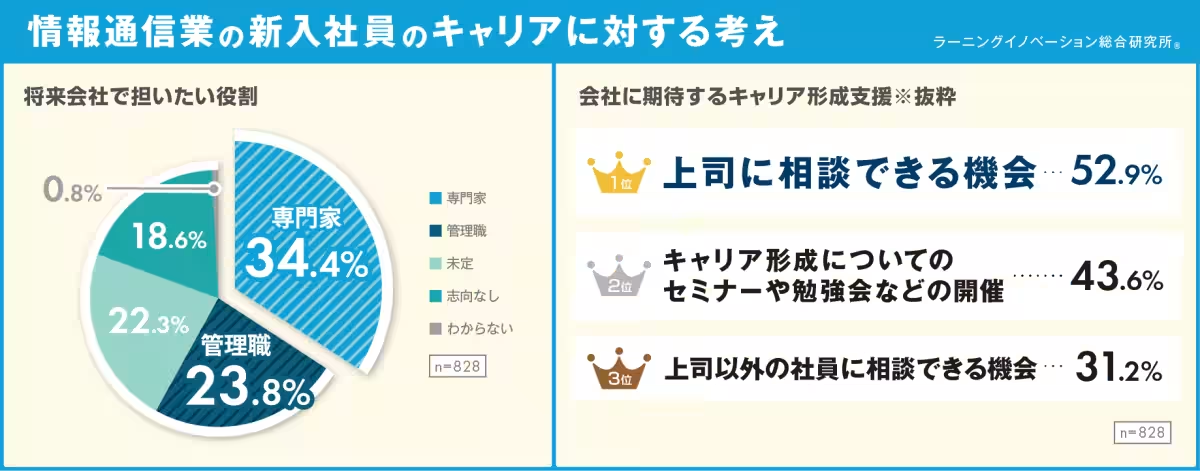

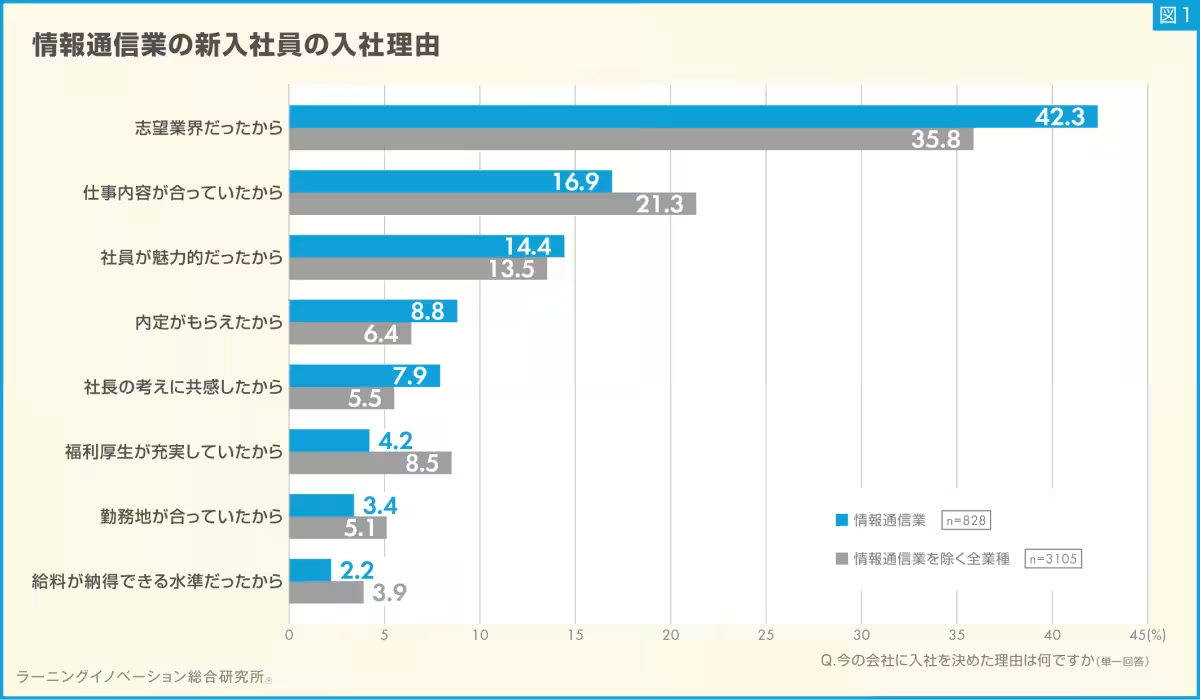
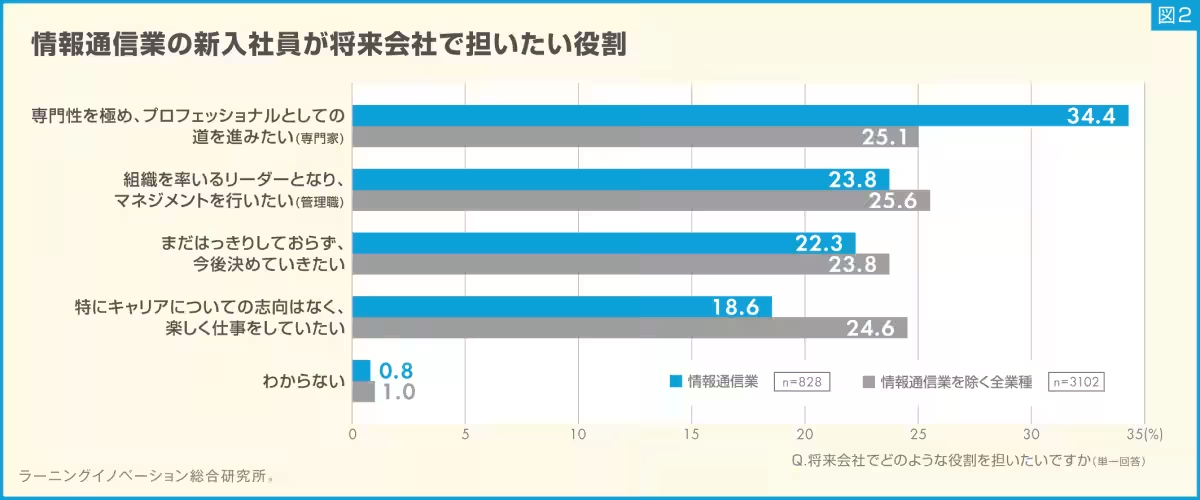
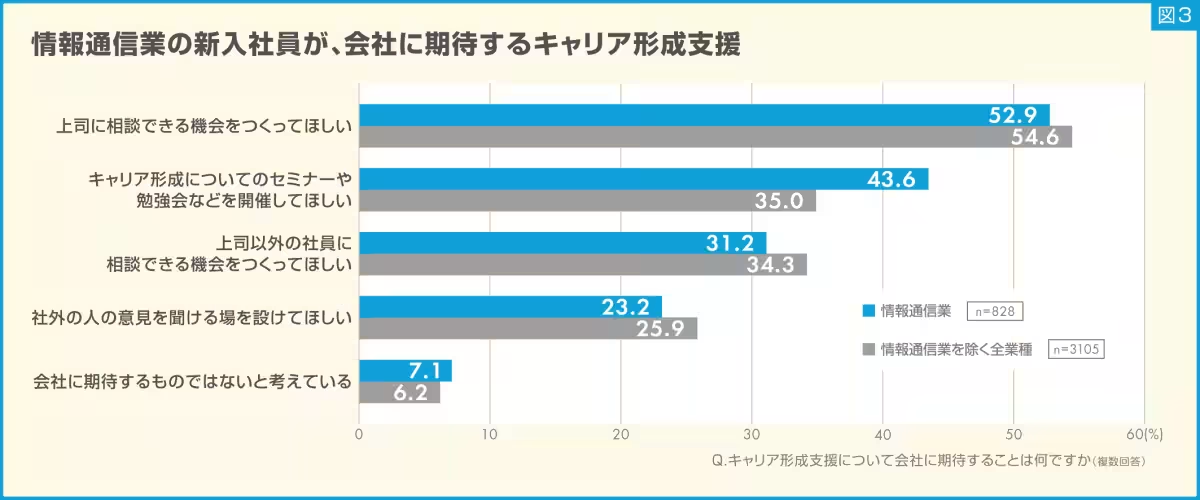
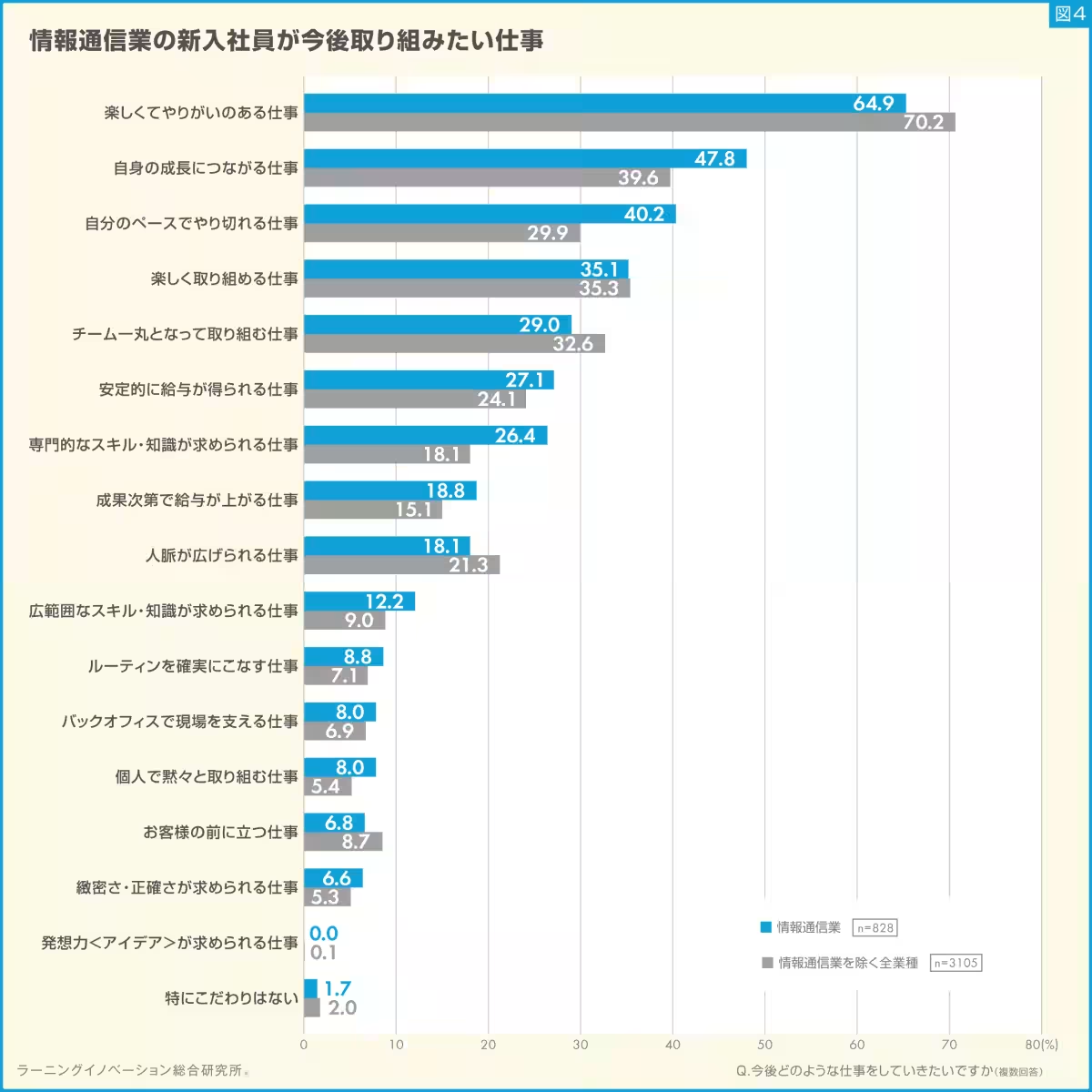
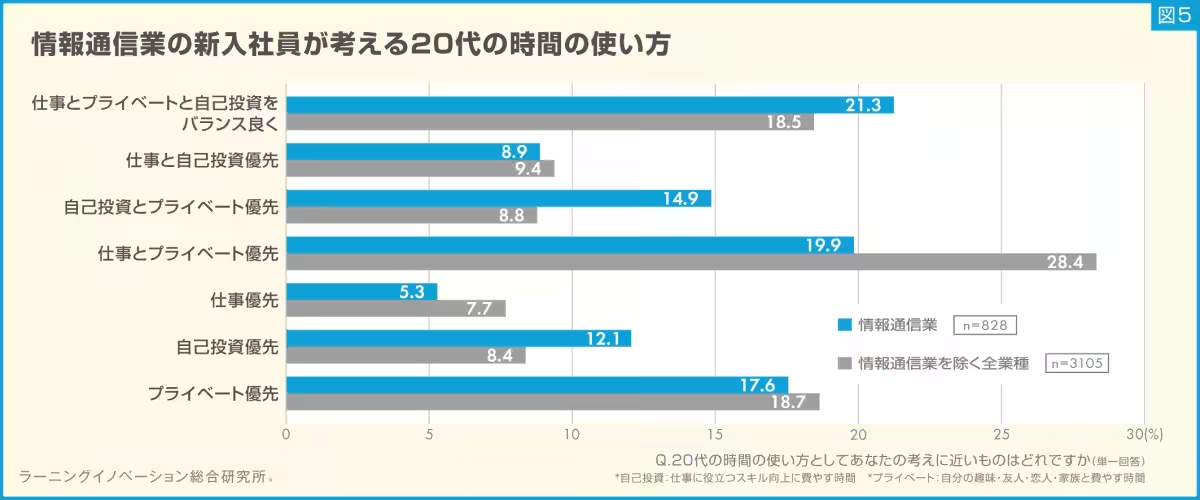
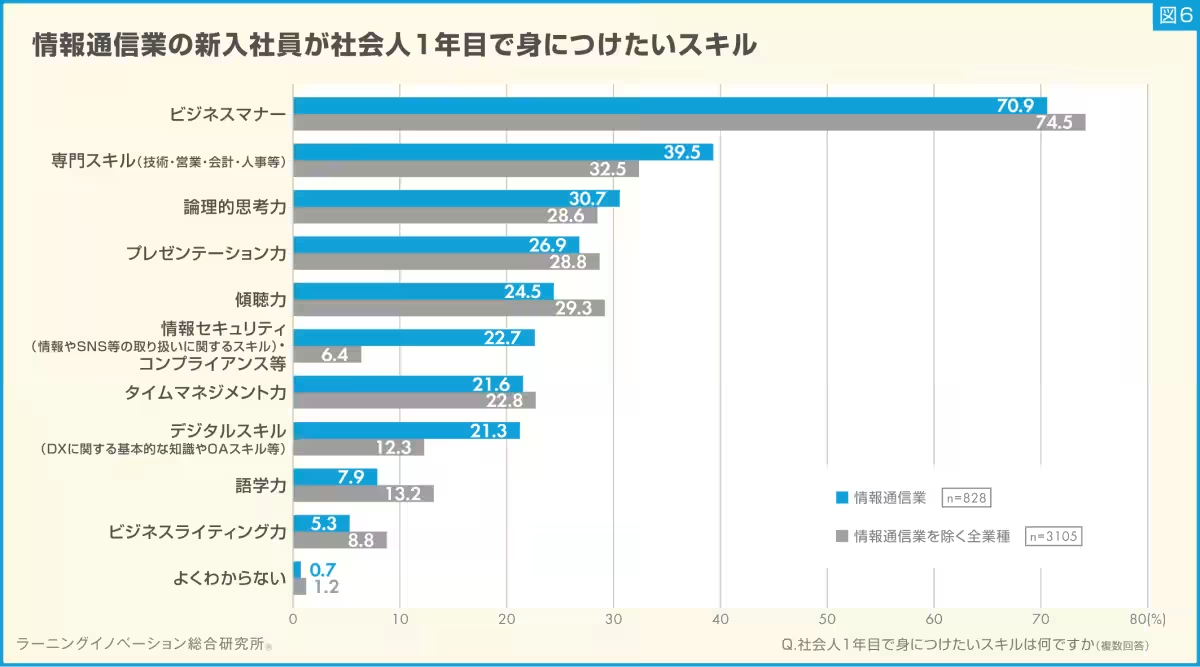
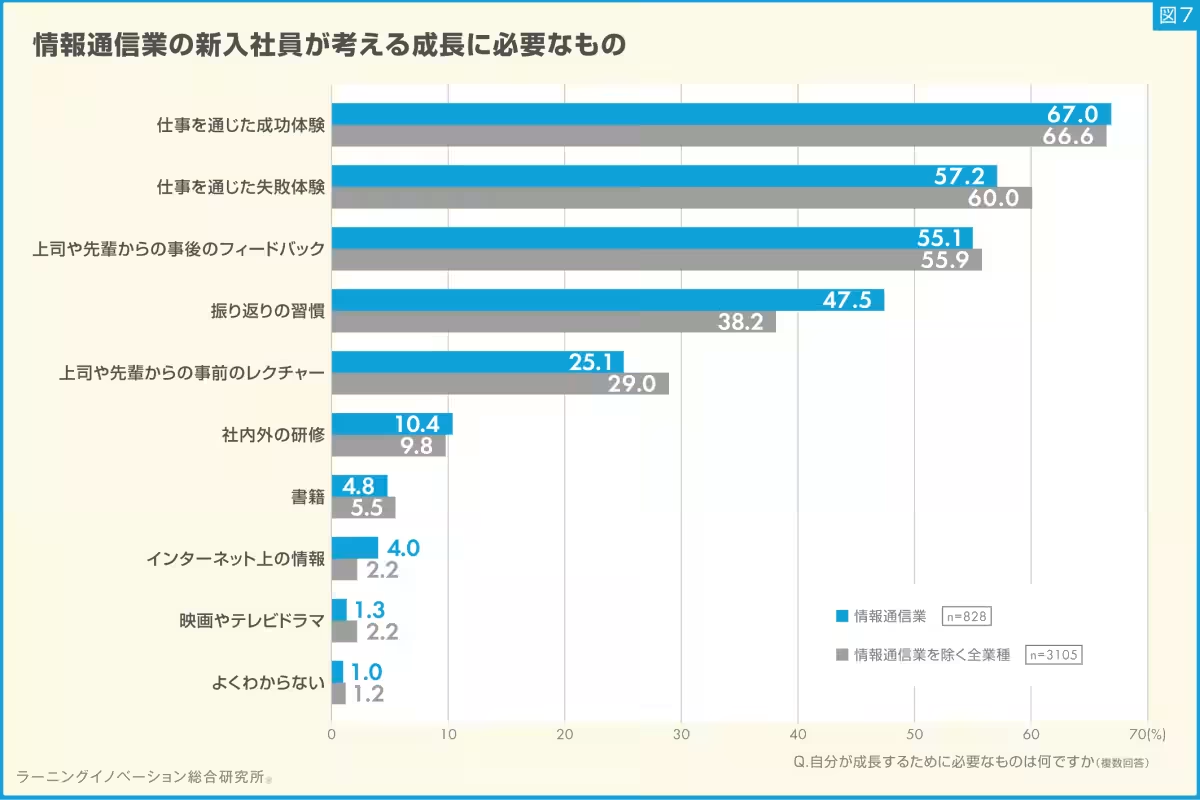
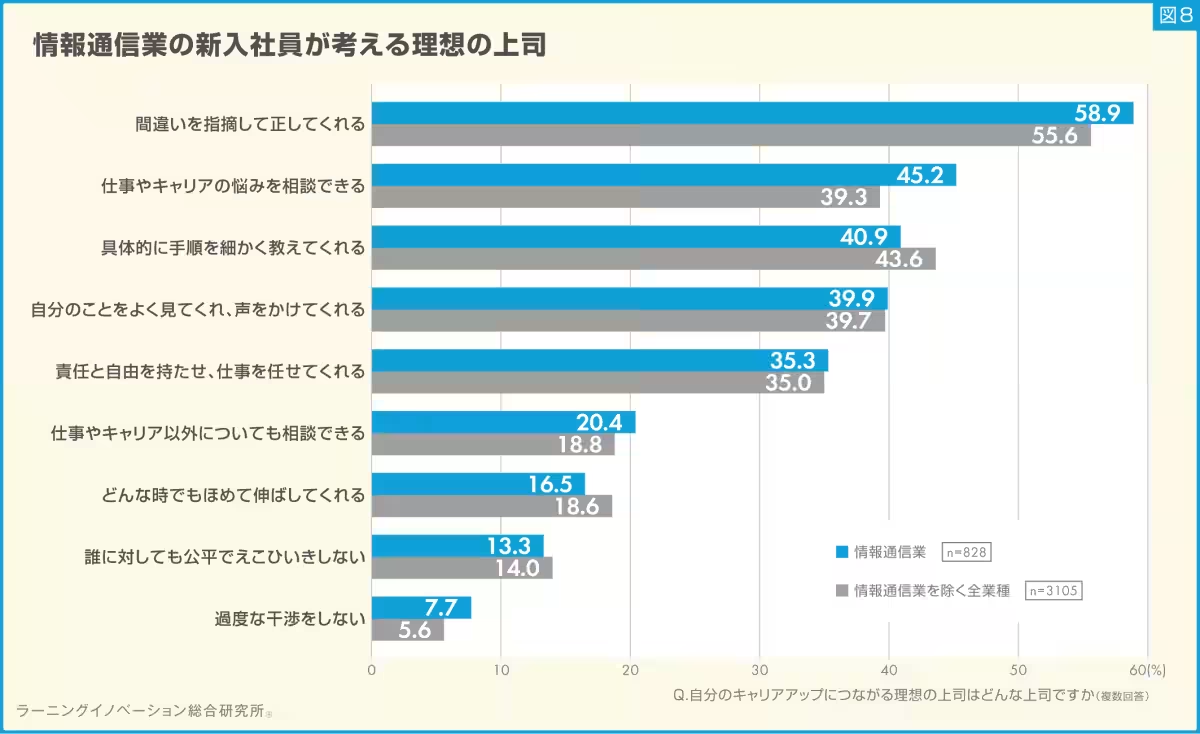
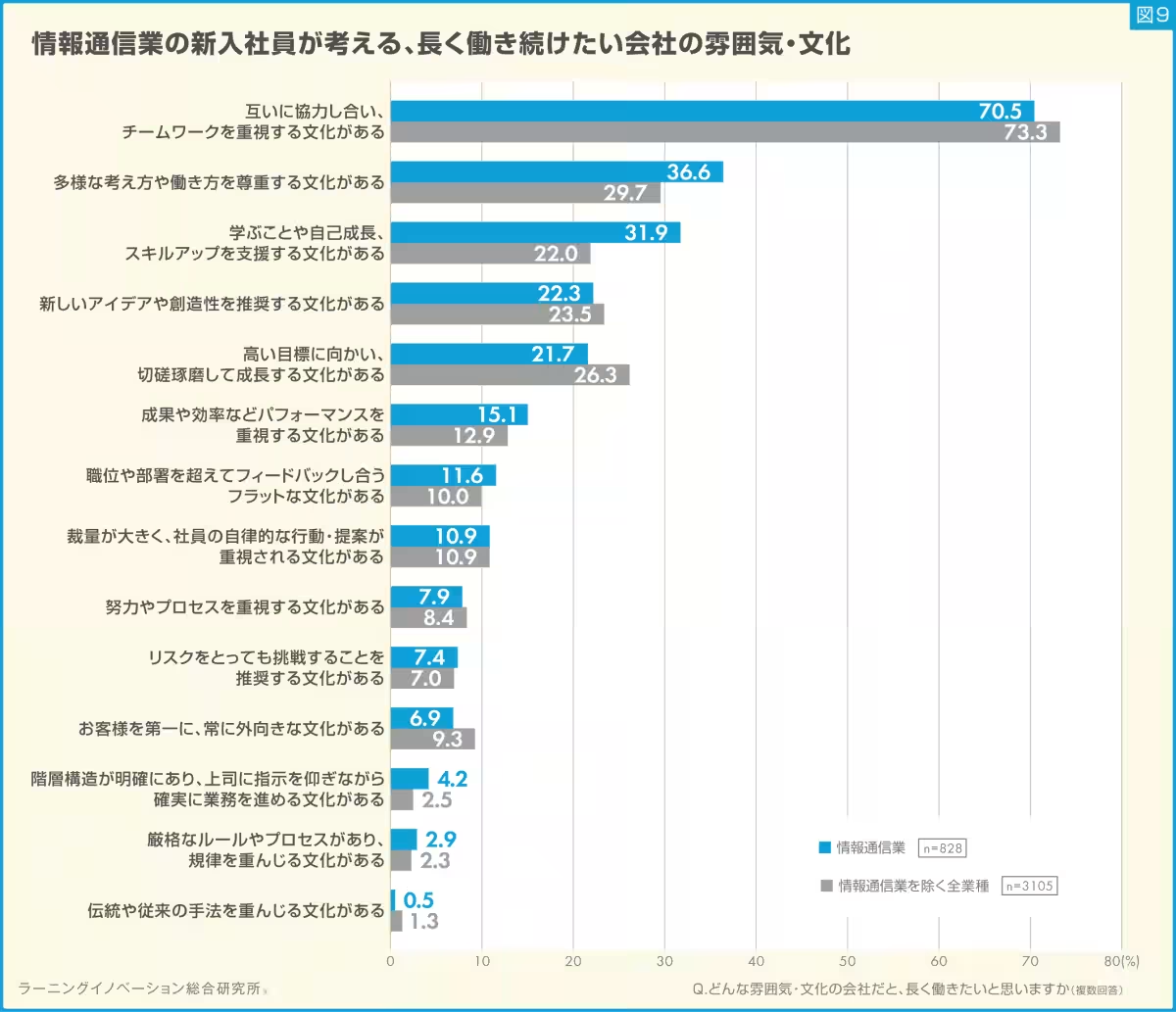

Topics People & Culture)










【About Using Articles】
You can freely use the title and article content by linking to the page where the article is posted.
※ Images cannot be used.
【About Links】
Links are free to use.